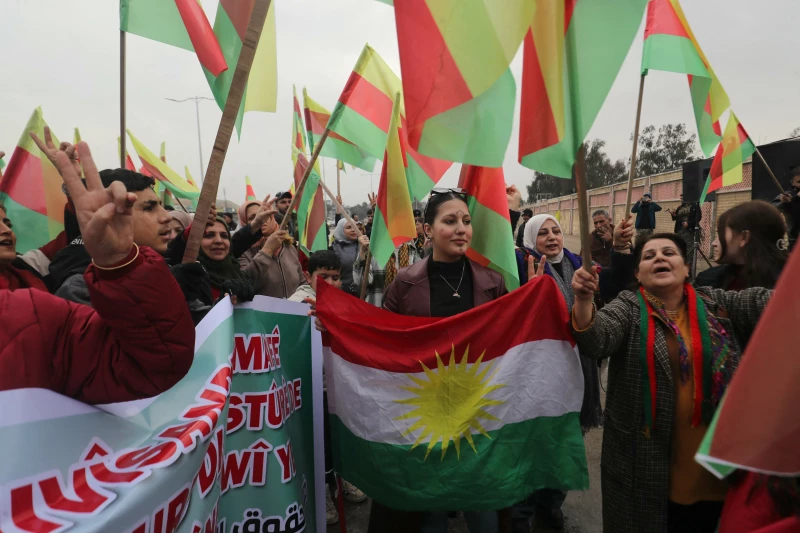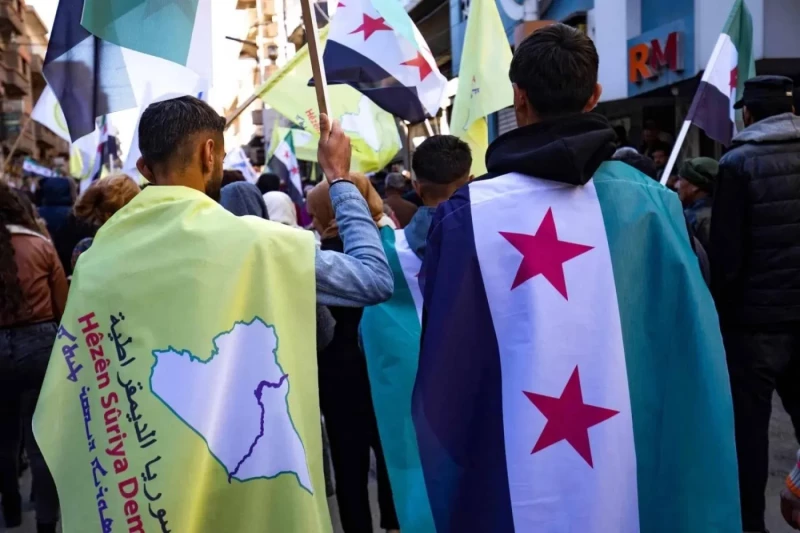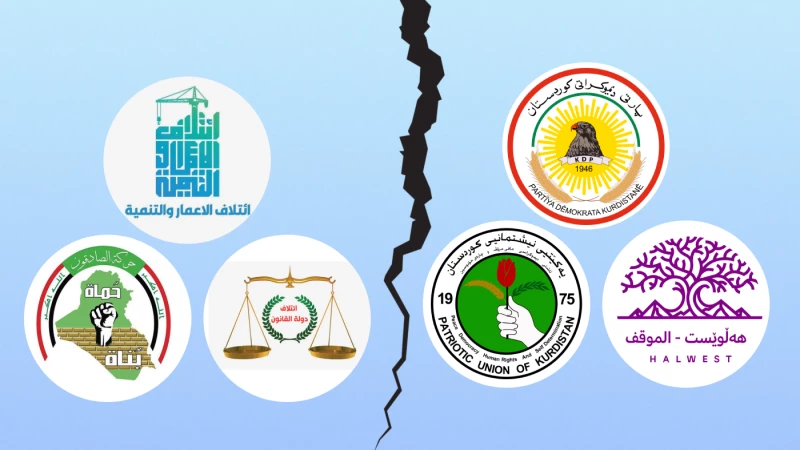After years of stalemate in the peace process between the Turkish state and Kurds, there are renewed hopes that a breakthrough might be possible this time. The Turkish government allowed a group of parliamentarians from the pro-Kurdish People’s Equality and Democracy Party (DEM Party) in late December to visit Abdullah Ocalan, the imprisoned leader of the Kurdistan Workers’ Party (PKK), at the high-security prison on Imrali Island. The lawmakers said Ocalan was “ready to make the call” for a permanent solution and peace. Earlier, Devlet Bahçeli of the hardline Nationalist Movement Party (MHP), who once advocated for Ocalan’s execution, suggested that Ocalan could be granted parole if he renounced “terrorism” and announced the PKK’s dissolution.
While it is too early to be either optimistic or pessimistic, any enduring agreement between the Turkish government and the Kurdish movement in Turkey would carry significant domestic and regional repercussions.
This is not the first attempt at a peace process between Turkey and its Kurds. A significant initiative between 2013 and 2015 showed initial progress but ultimately failed due to Turkish President Recep Tayyip Erdogan’s attempt to leverage the process to consolidate power, mutual distrust, and the resumption of armed clashes.
The breakdown of the last round of peace talks resulted in nearly a decade of conflict between the Turkish military and the PKK in Turkey and Iraq, along with relentless Turkish attacks on the Syrian Kurdish administration and areas under its control, which Ankara regards as connected to the PKK. Domestically, Erdogan’s government has pursued a harsh crackdown on Kurdish political figures, imprisoning Selahattin Demirtas, his 2015 presidential rival, and removing dozens of elected Kurdish mayors from office.
In light of all this, the pressing question is why is Erdogan now pursuing peace talks? The most immediate explanation appears to be Erdogan’s political survival.
Facing dwindling electoral fortunes after poor performance in the 2024 municipal elections and ongoing economic struggles, Erdogan seeks Kurdish parliamentary support to amend the constitution and extend his presidential tenure for a third term beyond 2028. If the primary goal of this peace initiative is securing a third term for Erdogan, it risks being a calculated ploy to manipulate Kurdish support rather than a genuine effort to resolve the Kurdish issue.
Erdogan’s outreach to Kurds should also be read in a broader regional context. The shifting regional power dynamics, including the uncertain future of post-Assad Syria, the rise of Israel and its expanding ties with Arab states present challenges for Turkish aspirations.
While Turkey’s support was instrumental in the Syrian opposition’s success against Bashar al-Assad, Syria remains fragmented and unstable, with no central authority. While stability in Syria could create massive economic opportunities for Turkey, ongoing chaos risks exacerbating issues such as refugee flows and the persistent presence of armed groups like the Syrian Democratic Forces (SDF), which Ankara views as an extension of the PKK and a security threat, despite no attacks having been launched on Turkey from SDF-controlled territory.
The Erdogan government’s continued support for Syrian proxies attacking the SDF may be an effort to pressure the Kurdish movement in Turkey into backing his desired constitutional reforms. Regardless of the motivations or methods behind it, a peace deal with the PKK could help ease tensions with the SDF - an outcome Western powers would support to promote regional stability and alleviate refugee pressures on Europe.
The main challenge for the current peace process lies in the lack of genuine commitment to addressing the deep-rooted injustices faced by Kurds in Turkey. While Turkish politicians often frame the PKK as a security issue, the reality is that the PKK is a symptom of a century-long systematic denial of Kurdish identity and rights. A meaningful peace process requires Ankara to move beyond short-term political gambits and embrace a broader democratization effort.
Resolving the Kurdish issue through mutual compromise could stabilize Turkey, advance democratization, and support economic recovery. Regionally, it could bolster Turkey’s strategic influence in Syria, Iraq, and Iran, where sizable Kurdish populations live.
Challenges also exist on the Kurdish side. The Kurdish movement in Turkey is fragmented, with multiple power centers, including the PKK leadership in Iraqi Kurdistan’s Qandil mountains, Ocalan on Imrali Island, and the DEM Party with 57 MPs in parliament. If Ocalan were released and called for the PKK to disarm, would the leadership in Qandil comply? Divisions within the wider movement could complicate progress.
The broader Kurdish Communities Union (KCK), of which the PKK is a part, has a vested interest in the survival of the Kurdish self-rule administration in Syria’s northeastern Rojava region. For the KCK, a deal with Erdogan - even if primarily driven by his political survival -could offer temporary relief for Rojava, which faces existential threats, especially if US support diminishes. Another major point for the KCK to consider is that the current context differs significantly from 2013 to 2015 period, when the PKK and its allies were on the ascent. Now, Turkey’s military campaigns against the SDF and political gridlock in Turkey leave Kurdish forces with limited leverage and uncertain prospects. Crucially, Turkey holds the upper hand in this equation, with a far greater capacity to inflict harm on the PKK or Kurds in general - a factor some political scientists consider a key prerequisite for achieving peace.
Would the Kurdish leadership make difficult compromises to secure Rojava’s future, or does mutual distrust with Ankara run too deep to allow meaningful progress? There is also the critical question of what would happen to the thousands of PKK leaders and cadres if peace were actually attained.
Ultimately, the onus lies on Ankara to demonstrate genuine intent to make peace, both with Kurds within its borders and in neighboring regions. The Kurdish movement in Turkey, however, must also consider pragmatic engagement. The experience of Kurdish parties in Iraqi Kurdistan could offer Turkey's Kurds a valuable lesson, as they have demonstrated pragmatism by working with various groups in Baghdad to secure their interests despite deep-seated mistrust. Could Kurdish leaders in Turkey adopt a similar strategy with Erdogan and his ruling Justice and Development Party (AKP)?
The views expressed in this article are those of the writer and do not necessarily represent the position of The New Region

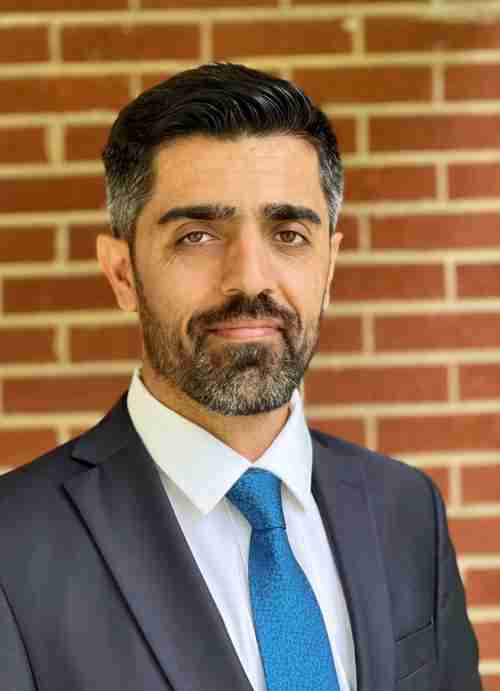
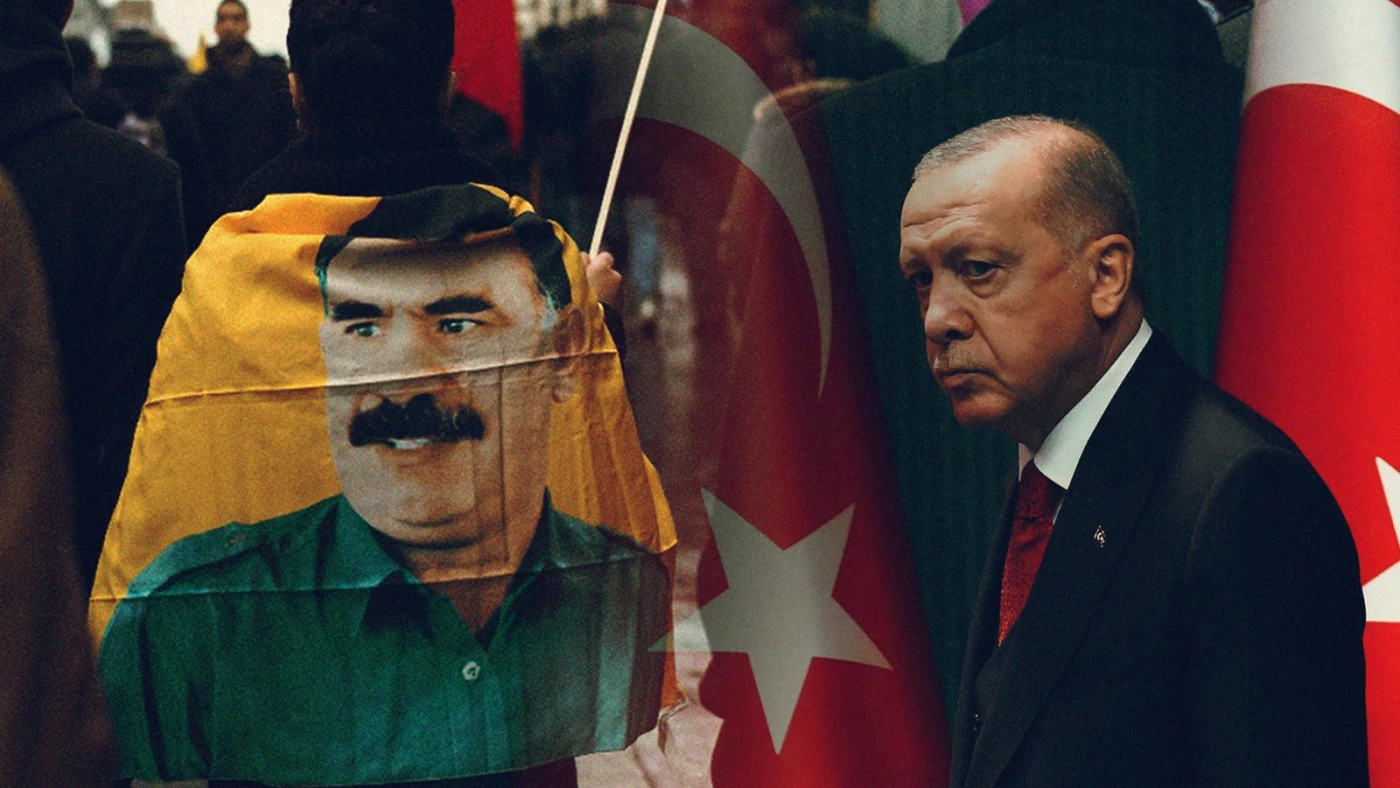
 Facebook
Facebook
 LinkedIn
LinkedIn
 Telegram
Telegram
 X
X
